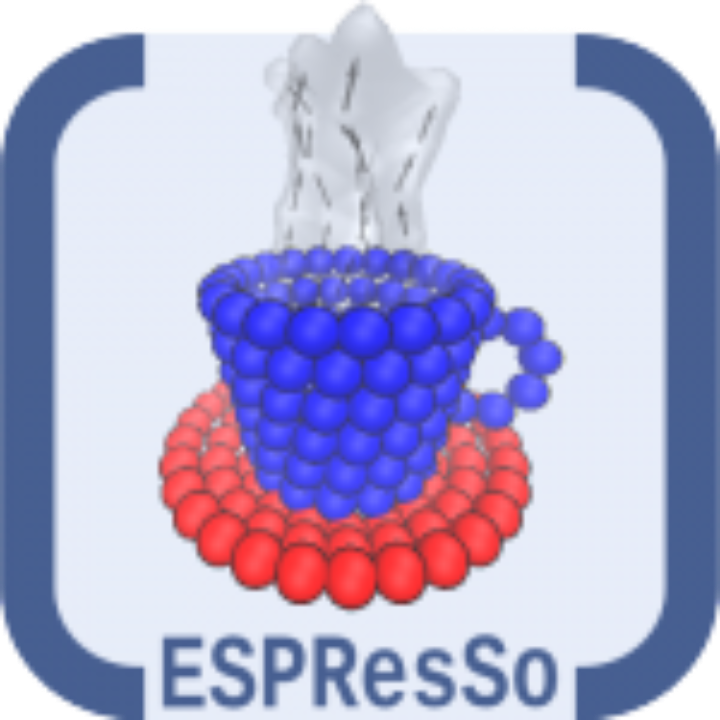Research Software Made in Stuttgart
Open-Source Simulator for Multi-{Phase, Component, Scale, Physics, …} flow and transport in porous media
Software for Research
Our vision is to equip researchers with the tools and knowledge needed to develop validated, high-quality research software capable of reproducing published research results.
Tools and Services developed at the University of Stuttgart
Quality assurance of research software through regression testing for numerical simulations Library for the standardisation of output formats of research softwareTraining
The ability to collect and analyse data with self-written software is a prerequisite and common practice in many scientific disciplines today. But there is usually no proper training for the development of research software, so-called research software engineering. Bi-annual Software Carpentry workshops close this gap at the University of Stuttgart. The Carpentries are a community initiative that teaches researchers the computing skills they need to get more done in less time and with less pain. The focus of the so-called Software Carpentry Workshops is on teaching how research processes should be documented in a reproducible manner. Specifically, they teach how to use the Unix shell, version control with Git and the basics of programming and creating diagrams in Python. The Carpentries provide pedagogically optimised learning material that is maintained by a large community.
A team of certified Carpentries instructors and helpers at the University of Stuttgart consists of employees from the two Clusters of Excellence IntCDC and SimTech, the Competence Centre for Research Data (FoKUS) and staff from the Technical Information and Communication Services (TIK). Currently, Software Carpentry Workshops are offered to all students and doctoral candidates at the University of Stuttgart every six months as a face-to-face event.
Building on this, an annual Research Software Engineering (RSE) workshop teaches advanced topics such as Git workflows, containerisation with Docker, testing and continuous integration, building & packaging and software design principles. Skills in these areas are essential for developing quality-assured software in collaborative environments and are therefore very useful in today's research landscape. The topics of the four-day workshop are based on the contents of the lectures Simulation Software Engineering and Sustainable Development of Simulation Software.
To make the sustainably developed high quality research software citable and reusable, a webinar on FAIR Software handels the topcis software licenses, software metadata, citing and getting credit for research software, publishing software in a sustainable and reusable way and connecting research software to other research assets. This webinar is part of a virtual event series of the TU9 libraries,
Infrastructure for FAIR Software
The reproducibility of research results often fails due to the lack of availability of data and code. Researchers at the University of Stuttgart can therefore make their software and data available to the public in a citable and documented form via the DaRUS data repository. A separate metadata block for research software, based on the CodeMeta standard and contributed to the Dataverse community, serves to specifically describe the software.
Services for FAIR Software
But even if the source code of software and scripts is publicly available, installing and using it presents many researchers with insurmountable obstacles. In various projects, researchers and infrastructure representatives at the University of Stuttgart are working together to overcome these hurdles and make it easier to use.
A Jupyter Hub provides a computing environment and enables the interactive use of documented scripts in research and teaching. Through the connection to the Virtual Programming Lab VipLab, research software can be made available on DaRUS in a parameterisable executable manner. Integration with OpenTOSCA enables the modelling and automatic provision of software with all its dependencies in cloud environments.
The GitHub Enterprise instance, hosted on the university's own servers, allows university-internal collaborative work on version-controlled content that is managed in compliance with data protection regulations.
Networking
- Stuttgart RSE Chapter
Networking for Research Software Engineers around Stuttgart - de-RSE
Conferences and Events for Research Software Engineers







